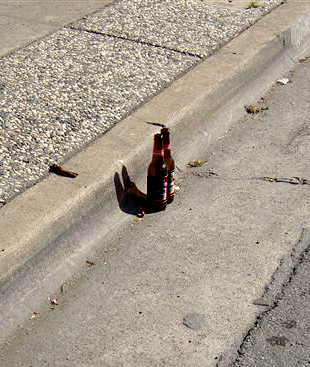Mixed views on cashless months
 The South Australian town of Ceduna is one third of the way into its cashless welfare card trial.
The South Australian town of Ceduna is one third of the way into its cashless welfare card trial.
Proponents say it is working, others say it is hard to tell.
The trial sees welfare recipients issued with a debit card that cannot be used for alcohol or gambling, while quarantining about 80 per cent of their normal payments.
Veterans and aged pensioners are excluded from the trial.
The year-long trial program offers services including counselling, financial advice and programs dealing with alcoholism in exchange for the strict limits on personal agency.
Ceduna Mayor Allan Suter, who supported the trial’s implementation, says that four months in there is evidence it is working.
“It was quite common to see intoxicated people in the street pretty much every day of the week, and we also saw large numbers of intoxicated people being admitted to the sobering-up centre, now both of those things have certainly improved quite significantly,” he told the ABC.
University of Technology Sydney’s Adjunct Professor Eva Cox, a leader of the Jumbunna Indigenous House of Learning, told reporters it was unclear whether the apparent improvements were due to the card or the extra services.
“We cannot tell whether those improvements ... are the result of the card or a result of the services, because if you have extra services for the limited number of people on the card who actually have serious problems with alcohol, then you're going to actually get an improvement regardless of whether they get the card,” she said.
“Maybe we need the services, not the card.”
A/Prof Cox said many people including carers and those on the disability support pension were being restricted, despite not having any alcohol or gambling problems.
“They're all stuck with the fact they now have very limited access to cash, and it does actually interfere with their capacity to control their own finances,” she said.
“This is a really offensive thing for people who often feel very stigmatised already.
“They're going to be further stigmatised by the fact that they have to turn up with this card that shows everybody every time they go spending, that they're on welfare.”







 Print
Print